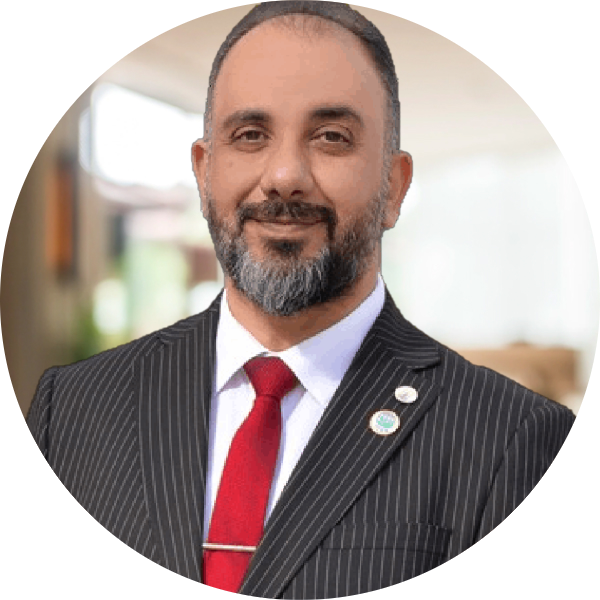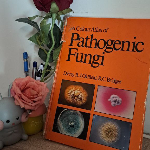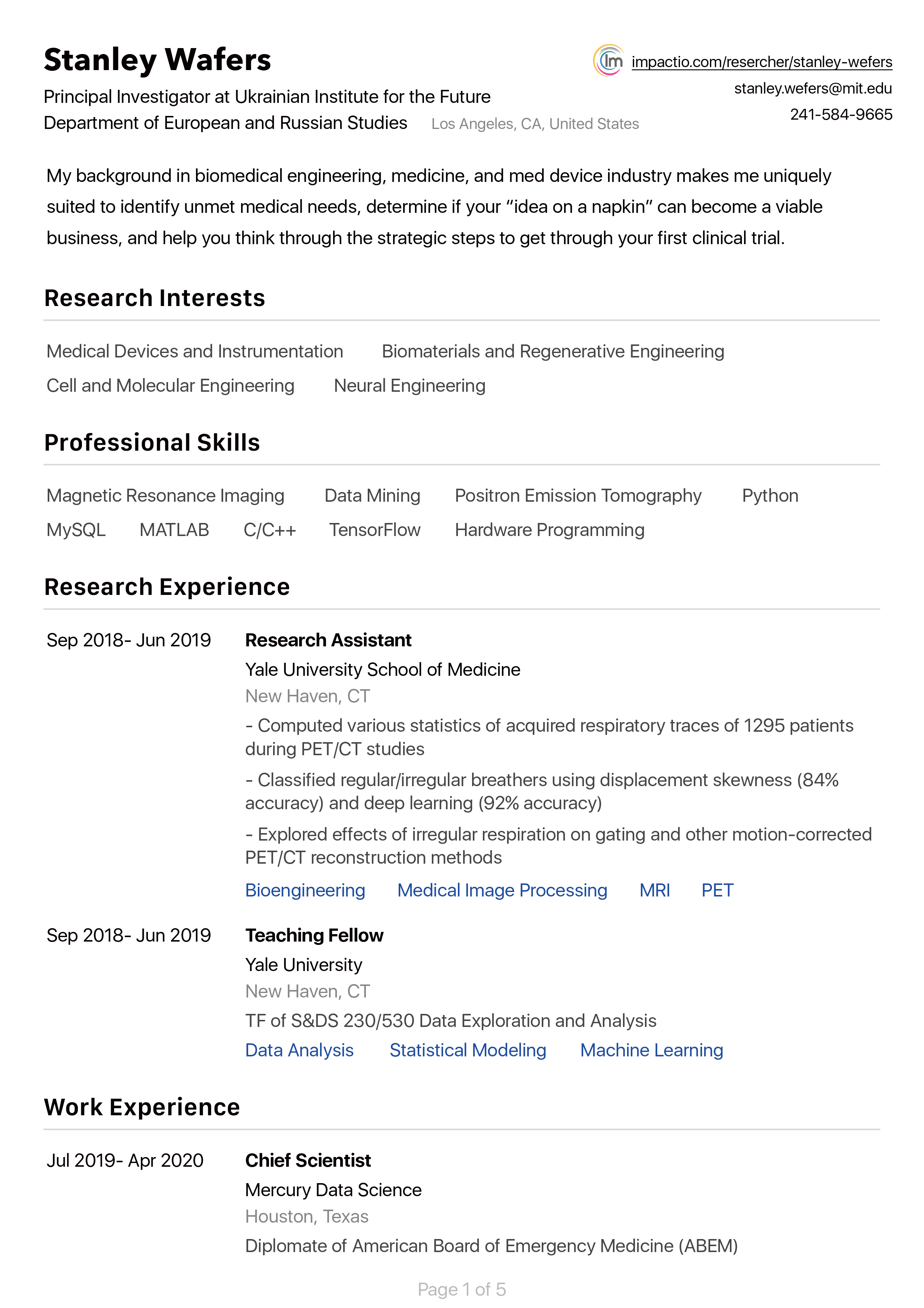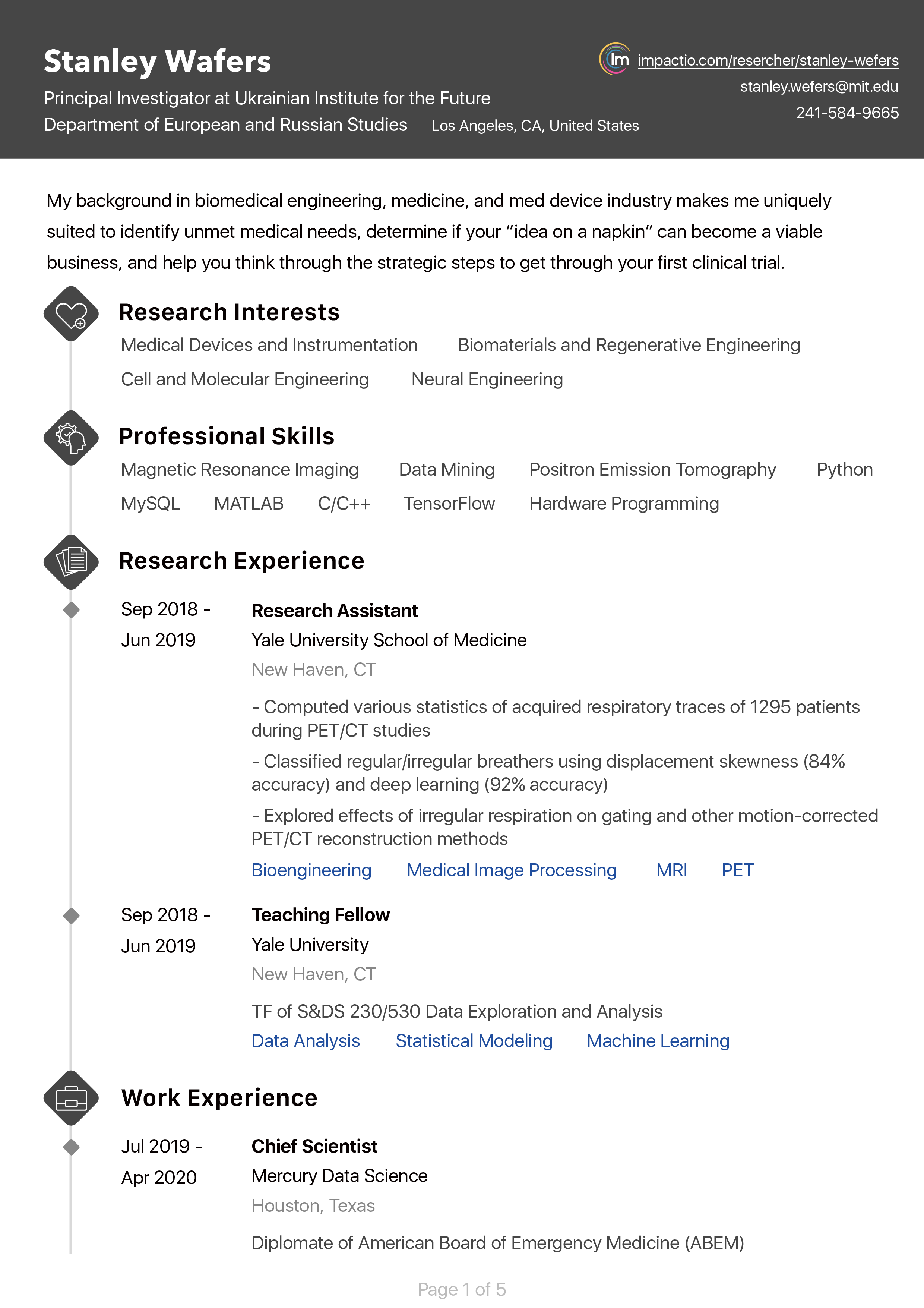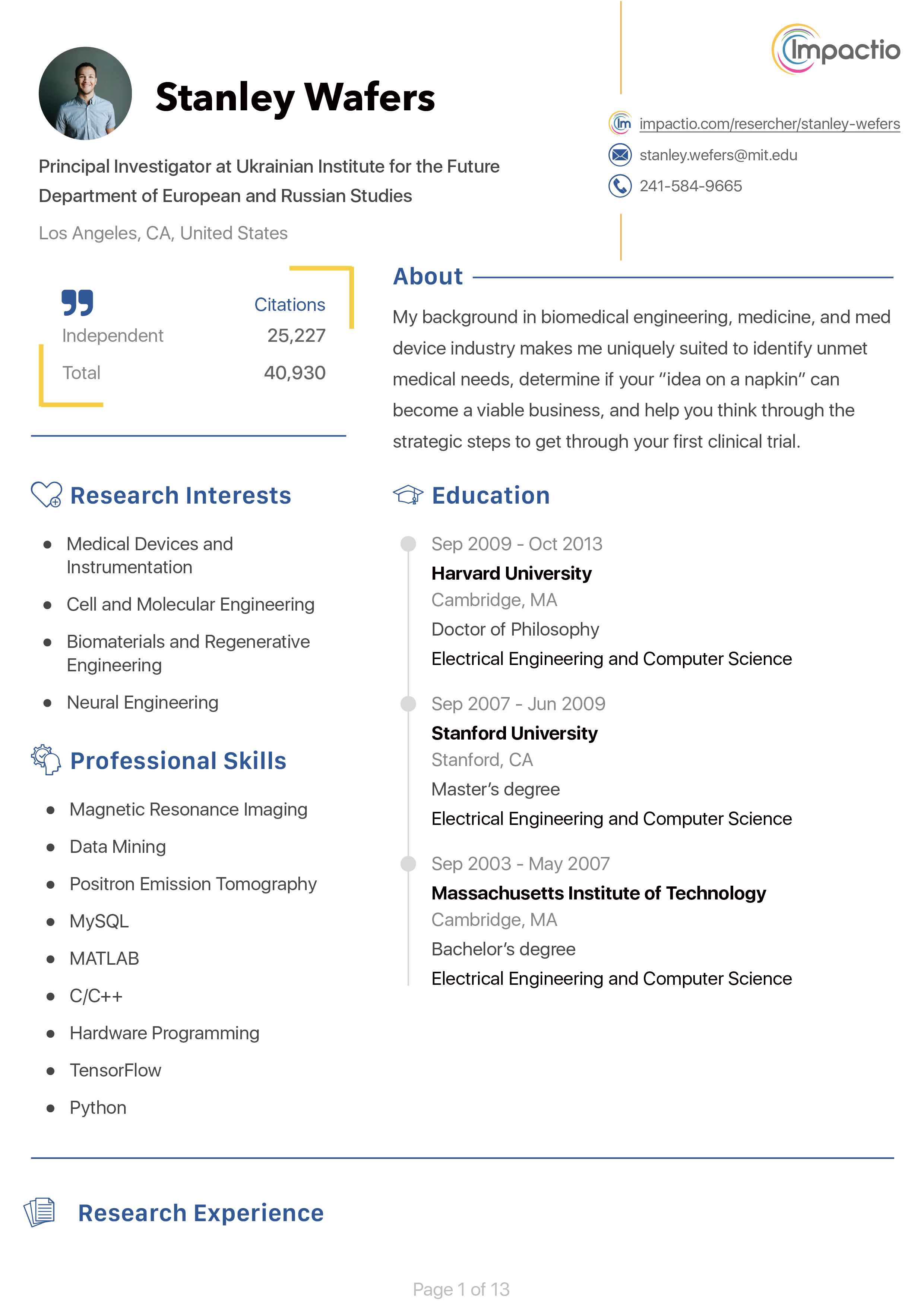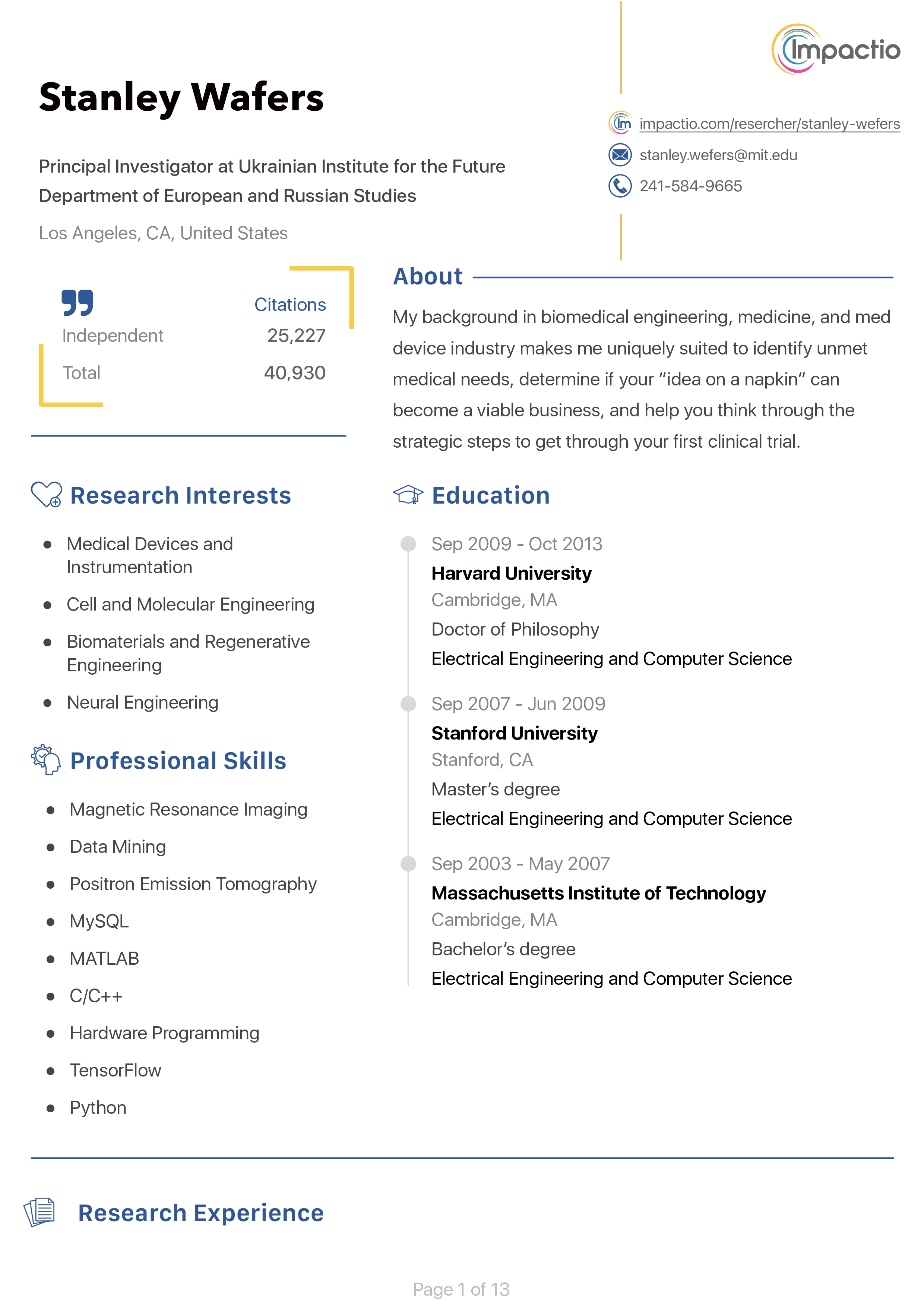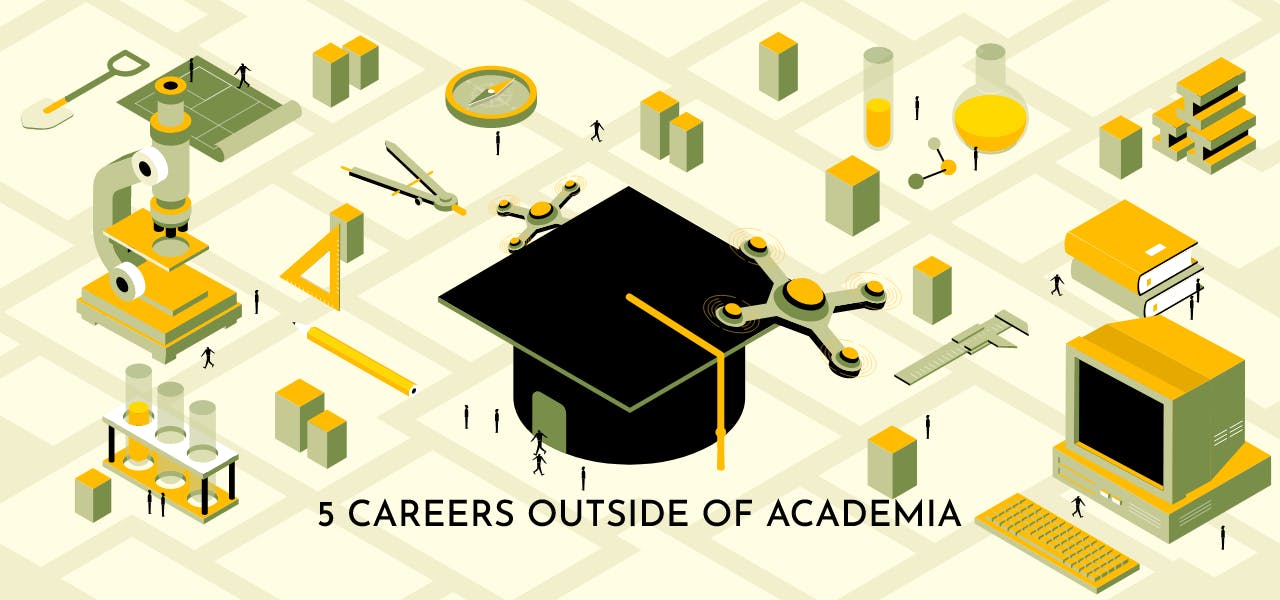About
Dr. Ahmed Sh. A. Lafi, Lecturer at University of Anbar - Center of Desert Studies I got my PhD in 2019 from (UTM) University Technology Malaysia in Microbiology, a member of the editorial board of Current Research in Microbiology and Infection. Member of the British Society of Antimicrobial Chemotherapy, Member of the American Society of Microbiology, Member of the Medical Fungi Society of the Americas, for more visit my website:
https://www.uoanbar.edu.iq/English/staff-page.php?ID=1585
Add your professional skills.
Manager
Scientific Follow-up Unit, University of Anbar · Full-time
December 2020 - Present
Ramadi, Al Anbar, Iraq
University of Anbar
Full-time · 20 yrs 6 mos
- Present
Ph. D. Student
Universiti Teknologi Malaysia
February 2013 - October 2020
University Technology Malaysia
2012 - 2016
Biomedical/Medical Engineering
Biomedical Engineering, UTM
2012 - 2016
Biomedical/Medical Engineering
Editorial Board
Jan 2020 - Present
Current Research in Microbiology and Infection - CRMI
Editorial Board
Jan 2018 - Present
Iraqi Journal of Desert Studies
Member
Jan 2021 - Permanent
British Society for Antimicrobial Chemotherapy
Member
Apr 2020 - Permanent
Egyptian Association Medical Mycologists
Member
Jan 2020 - Permanent
American Society for Microbiology
Member
Jan 2019 - Permanent
Medical Mycological Society of the Americas
Member
Jun 2017 - Permanent
Malaysian Society of Microbiology
GLUCONIC ACID OPTIMIZATION PRODUCED BY ASPERGILLUS USING RAW BIORESOURCES CULTIVATION MEDIUM
Diagnosis of invasive fungal infections IFIs
Early recognition and rapid initiation of effective treatment is a prerequisite for successful management of children with invasive fungal infections. The increasing diversity of fungal pathogens in high-risk patients, the differences in the antifungal spectra of available agents and the increasing rates of resistance call for identification of the infecting isolate at the species level and for information on drug resistance, in order to provide state-of-the-art patient care. Microscopy and culture of appropriate specimens remain the reference standard for mycological diagnosis, despite difficulties in obtaining appropriate and/or sufficient specimens, long durations of culture and false-negative results. Modern imaging studies and detection of circulating fungal cell wall components and DNA in blood and other body fluids or in affected tissues may improve the laboratory diagnosis of invasive mycoses.
Produce the single cell protein (SCP) by the solid culture method from Schanginia aegyptiaca wastes with Aspergillus niger and use in feeding of carp fish (Cyprinus carpi)
University of Anbar
Responsible for the Scientific Follow-up Unit
|
2020
-
Present
Department of Biology - Faculty of Education for Pure Sciences - University of Anbar
Researcher Assistant
|
2002
-
2007
Realted Researchers
